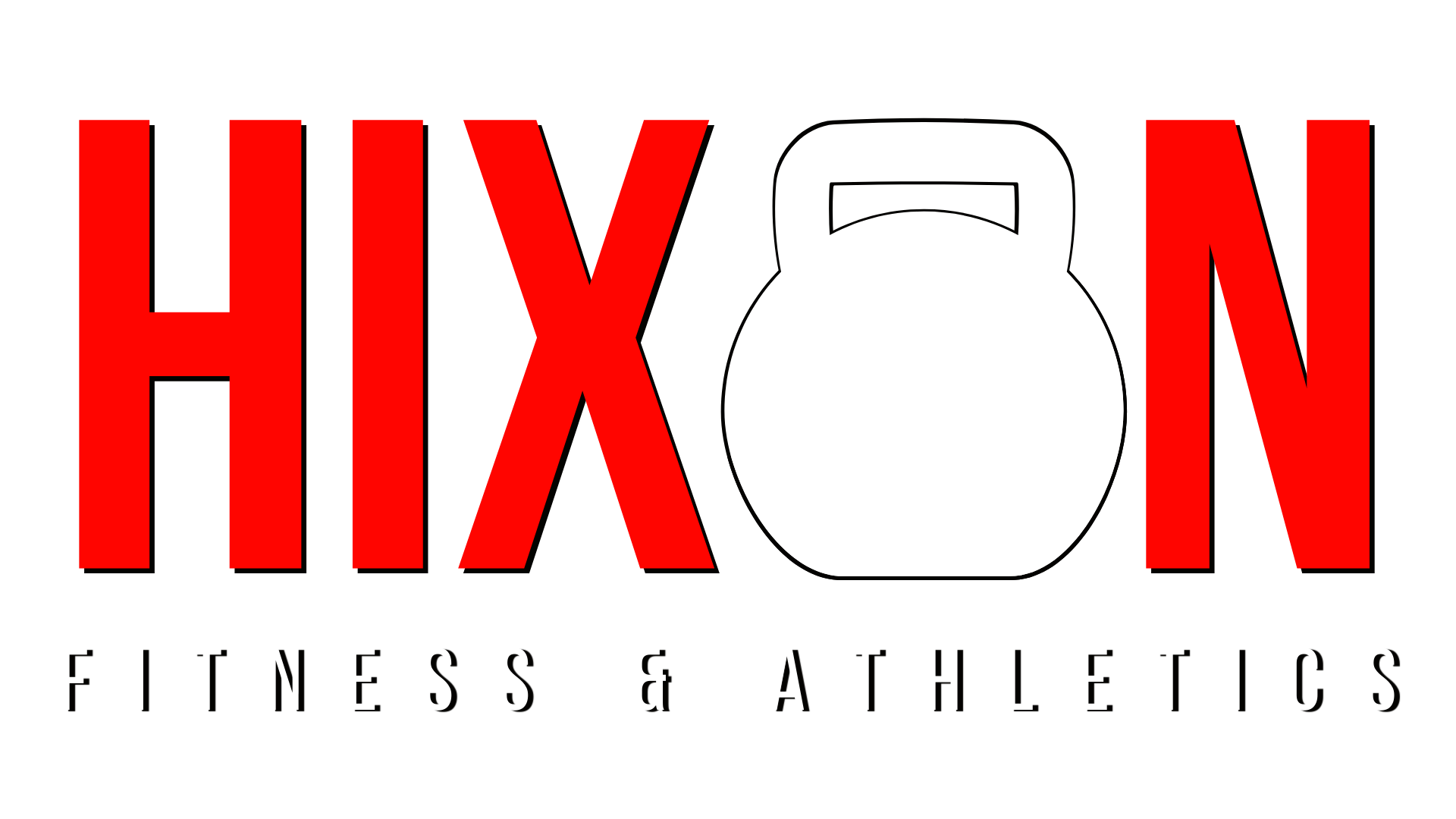Positive Self-Talk
In today’s fast-paced, performance-driven world, the loudest voice in your life might be the one inside your head. For busy professionals balancing careers, families, fitness, and personal goals, your internal dialogue isn't just background noise. It can either fuel your progress or silently sabotage it.
What Is Self-Talk?
Self-talk is the internal dialogue that runs through your mind throughout the day. It can be:
Positive: "I can handle this challenge."
Negative: "I'm just not good enough."
Neutral: "Time for the next task."
While often unconscious, this running commentary influences how we think, feel, and act. And for professionals juggling stress and responsibility, it has a direct impact on mental resilience, performance outcomes, and long-term well-being.
Why Positive Self-Talk Matters
Research from the Journal of Behavioral Medicine indicates that individuals who engage in positive self-talk experience lower levels of stress, improved immune function, and better cardiovascular health. More importantly, studies show that positive self-talk can significantly boost performance in high-pressure settings, like boardrooms, presentations, or decision-making situations.
A study published in The Sport Psychologist found that athletes using motivational self-talk increased endurance by 18%. Translating that to the professional world: positive self-talk may help you “push through” a mentally demanding project or a high-stakes meeting with greater composure and focus.
Inner Critic vs. Inner Coach
Busy professionals often operate under intense self-imposed pressure. The inner critic can become default: "I should be further ahead." "Why can’t I get it together?" But this voice drains motivation and erodes self-confidence.
By contrast, the inner coach reframes situations constructively:
Instead of "I always mess this up," try "I’m still learning and getting better."
Instead of "This is too much," say "One step at a time—I’ve handled hard things before."
According to research from the University of Michigan, individuals who practiced positive self-talk strategies reported higher self-esteem and increased persistence on tasks, even when facing adversity.
Awareness: The First Step
You can’t change what you don’t notice. Start by listening to your inner dialogue:
What do you tell yourself when you're stressed?
How do you talk to yourself after a mistake?
Many professionals are shocked to realize they’re far harsher with themselves than they would ever be with a colleague or friend.
Journaling, mindfulness practices, and even short check-ins throughout the day can help identify patterns of negative thinking and create space to redirect them.
Strategies to Shift Your Inner Dialogue
Use Your Name: Research by Ethan Kross at the University of Michigan shows that talking to yourself in the third person (e.g., "Jake, you've got this") increases psychological distance and helps regulate emotions more effectively.
Reframe Challenges: Turn “I can’t do this” into “This is difficult, but I can figure it out.” This builds a solution-oriented mindset.
Set Triggers for Self-Check-Ins: Use moments like walking to your car or making coffee to ask, “What am I saying to myself right now?”
Anchor with Affirmations: Create a few go-to positive phrases that align with your goals. (“I stay calm under pressure,” “Every step forward counts,” “I lead with clarity.”)
The Bottom Line
Your inner monologue isn't just a reflection of your mood, it actively shapes your outcomes. Positive self-talk boosts emotional health, reduces stress, enhances performance, and increases long-term resilience.
For the busy professional navigating meetings, parenting, deadlines, and workouts, upgrading your self-talk is like installing a better operating system for life. It won’t eliminate your challenges, but it will absolutely change how you meet them.
Start talking to yourself like someone you’re responsible for helping. You’ll be amazed how far that conversation can take you.
If you’re ready to take control of your inner dialogue and build habits that support a stronger, more focused version of you, the Hixon Method was built with that exact mission in mind. It's a program designed for busy professionals who want to level up their fitness, mindset, and daily performance, one small win at a time.
Click below to explore how the Hixon Method helps you train not just your body, but your mind too.


